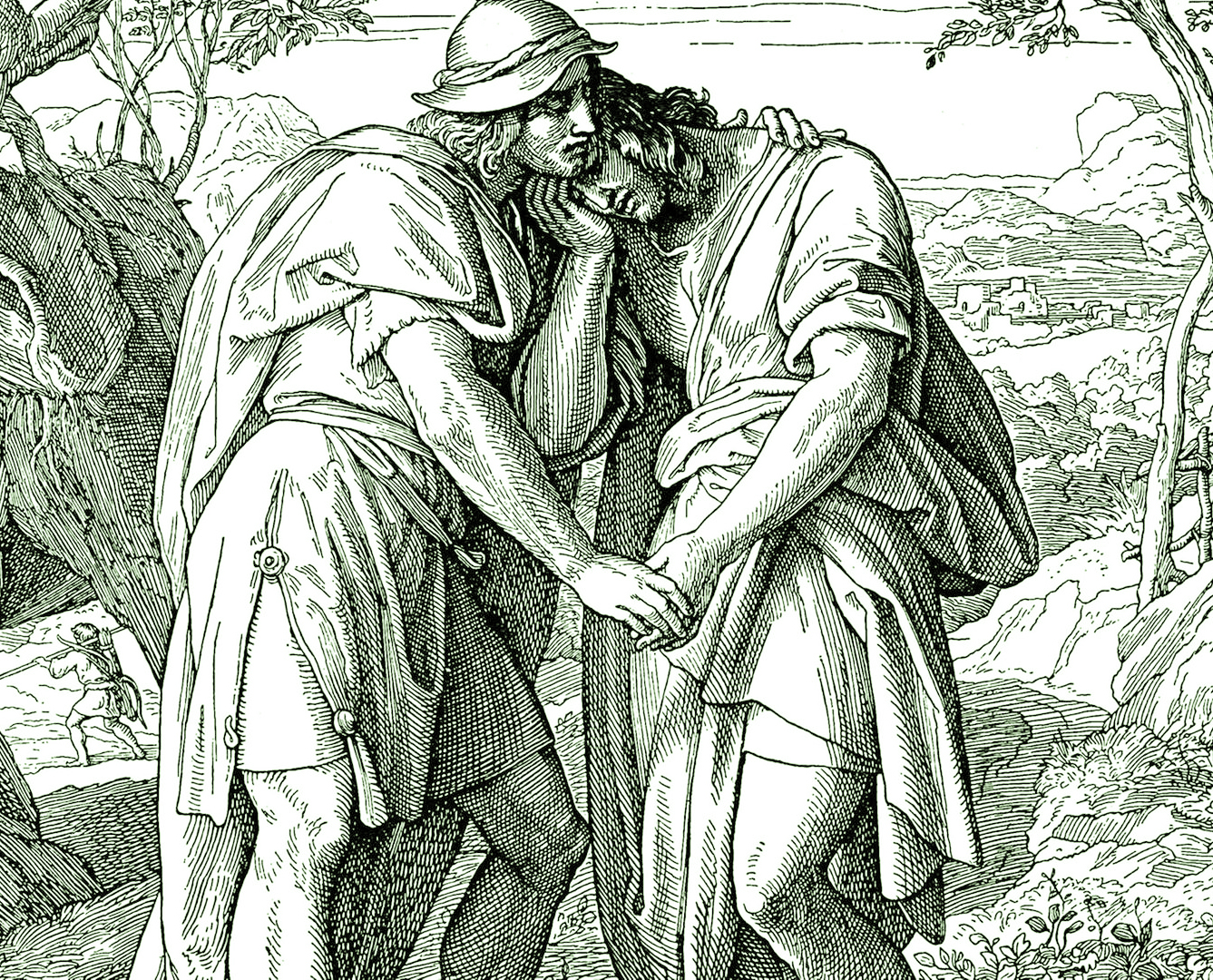Our Rio, Brazil, the world, we have changed in recent years. Our family relationships have expanded, our relationships have transformed, our environment has transfigured. (Western) humanity allows itself a more tolerant and welcoming outlook towards minorities, customs and cultures. We want to include everyone, sometimes challenging our beliefs and our knowledge about our society, which have crystallized over decades, centuries or millennia.
But are we really that open today, in contrast to the world that was bequeathed to us? Our experience of the past is the historians’ reading of what was once reality and what we filter through our current perspective. Thus, we constitute ourselves as free men and women (Weltmensch), conscious citizens (Freidenker), liberal Jews.
The Renaissance and the Enlightenment forced us to see the world through the eyes of reason. The veil of sensations, magic, superstitions and beliefs was lifted by the new and sunny attitude of facing life and denied to those we consider ignorant and obtuse. We, cosmopolitans and citizens of the world, make decisions based on intellect, not instinct. We tame feelings and the richness of subjectivity in favor of a more fair, egalitarian and politically correct world, but which suffers from the dryness of objectivity and pragmatism. The various gradations of gray are gradually lost in the absolute domains of black and white.
The Torah, long before the Renaissance, gave humanity to this wild and untamed creature that is mankind. It is certain that its content is eternal and embraces inexhaustible knowledge about man. But it demands that it be re-read and interpreted. Revelation is continuous just as the permanence of our people among creatures is (and so that it remains) uninterrupted.
We approach the celebration of Purim. An aesthetic choice – an old-fashioned pageant competition – elevates a Jewish girl to the consort of the most powerful man in Persia. Our one and only queen is adored by her king, loved by her subjects. Esther’s happiness, however, is not presented to us as complete; she has a secret. She hides something about her identity from the society in which she lives. She hesitates to reveal herself; in her worldview and given consequences, she could be unmasked.
The love of a king’s son for a young shepherd, with great looks and a magnetic personality, changes the course of our history. Jonathan, son of King Saul, venerates David. His feelings are not veiled: “…the soul of Jonathan was knit to the soul of David, and Jonathan loved him as his own soul.” (I Samuel 18:1). And David does not reject this love, David does not abhor this intense feeling, especially when Jonatan is killed in battle: “…I am distressed for you, my brother Jonathan; very pleasant have you been to me; your love to me was extraordinary, surpassing the love of women..” (II Samuel 1:26) He welcomes him, reciprocates him, in verses, in music, in attitudes.
Nowhere in our sources is the love between two humans described in such a blunt and strong way as Jonatan’s love for David and Ruth’s love for Naomi: “But Ruth said, ‘Do not urge me to leave you or to return from following you. For where you go I will go, and where you lodge I will lodge. Your people shall be my people, and your God my God. Where you die I will die, and there will I be buried. May the Lord do so to me and more also if anything but death parts me from you.’” (Ruth 1:16–17).
Unconditional love between people of the same gender, which challenge our mind punished by reason and by every day and worldly challenges, and which threaten taboos and pre-conceived social structures are evidenced in our literature. It’s not about sex – not because there isn’t any; but there the message does not rest. The elements are there to be seen in this or that way. We are and were articulate enough to twist stories and interpret them according to events and interests.
Love, whether based on homo or hetero affectivity, does not need to be justified or substantiated or detailed. It exists as such and must be considered and respected. Do we use our sources to stone with cold and contemptuous words and looks those who seek the path of love in their lives? I hope not, I don’t think so. We cannot ignore what happens around us – in our world, in our city, in our families – and close ourselves off from those who seek in our midst the possibility of being happy and enjoying their earthly love.
Esther dared to step out of the closet. How terrified this woman felt! Her greatest fear became salvation: only by her bravery and by throwing herself into an uncertain fate did she save us. A decision based on love. Jonathan’s intense and declared love brought our great king to the throne. Love changed the course of our history and the destiny of our people. The love of a non-Jew for her mother-in-law fosters the path of those who have or receive Judaism in their hearts.
The world has changed, Brazil has changed, Rio has changed. And our community? Do we still restrict ourselves to acting according to standards determined by others, categorizing love into which can be and which cannot? Or let’s face the challenge of new generations and choose the path of love in a city that inspires love, whose beauty transcends gender, number and degree.
